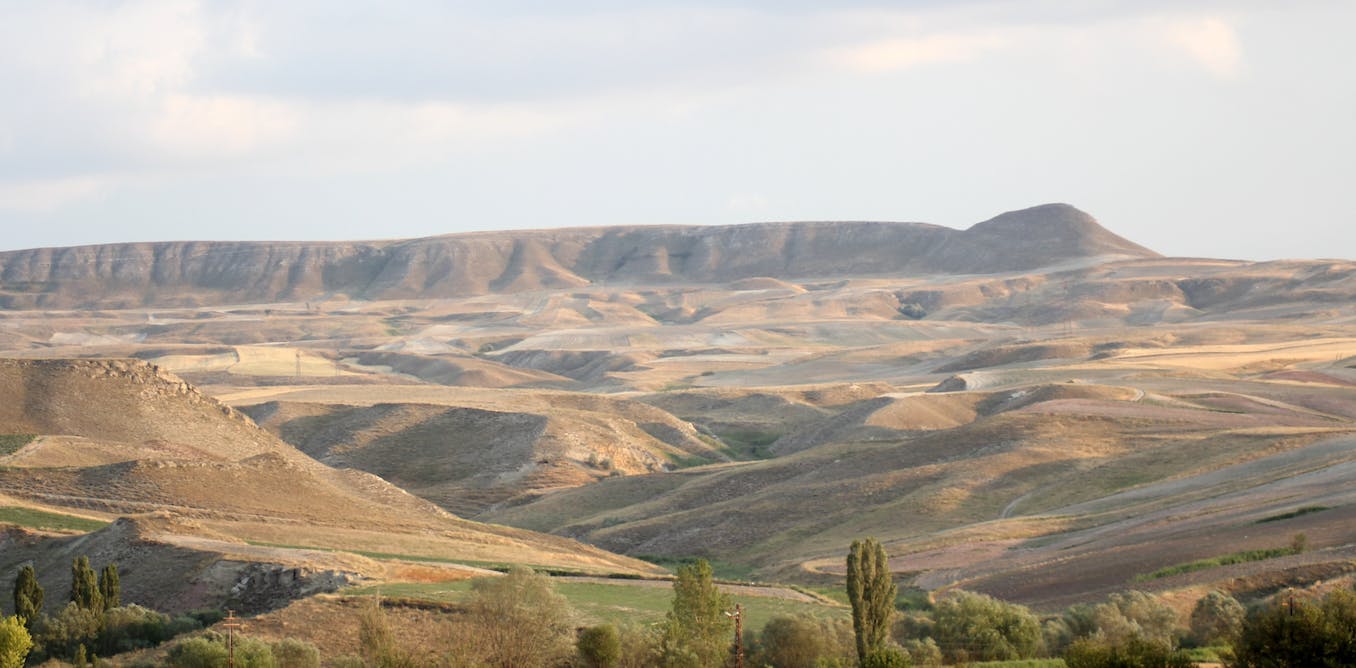- cross-posted to:
- linguistics
- cross-posted to:
- linguistics
Despite numerous studies, many questions still remain as to the origin of Indo-European: where was the original Indo-European language spoken in prehistoric times? How long ago did this language group emerge? How did it spread across Eurasia? New Study Reconciles Two Dominant Hypotheses About Their Origin. There are two main, though apparently contradictory, established hypotheses. On one side we have the Anatolian Hypothesis, which traces the origins of the Indo-European people to Anatolia, in modern day Turkey, during the Neolithic era. On the other side we have the Steppe Hypothesis, which places the origin of Indo-European languages further north, in the Pontic Steppe.
“Language trees with sampled ancestors support a hybrid model for the origin of Indo-European languages”
DOI: 10.1126/science.abg0818
From the linked study:
Our M2 to M4 analyses all used a binary covarion model, which allows cognates to switch between fast and slow rates at points on the phylogeny, enabling languages to undergo bursts of change.
I’d be curious to see how those variations in the rate of language change correlate with known historical events (migrations, institutional changes, etc.).
That would indeed be very interesting to know.
I still wonder which ancient dude invented all those case endings, not only in latin but in modern polish, hindi etc.?
From the map it seems it descended from Ararat, should we make Armenian the base language for european parliament?
Note this is not just an academic debate, it has political implications relating to origins, for example in Ukraine, and in India (where promotors of hindutva really don’t like the idea that they are immigrants too…).
See also this community: Languages and Linguistics | Polyglots, Language Learners and Linguists.


